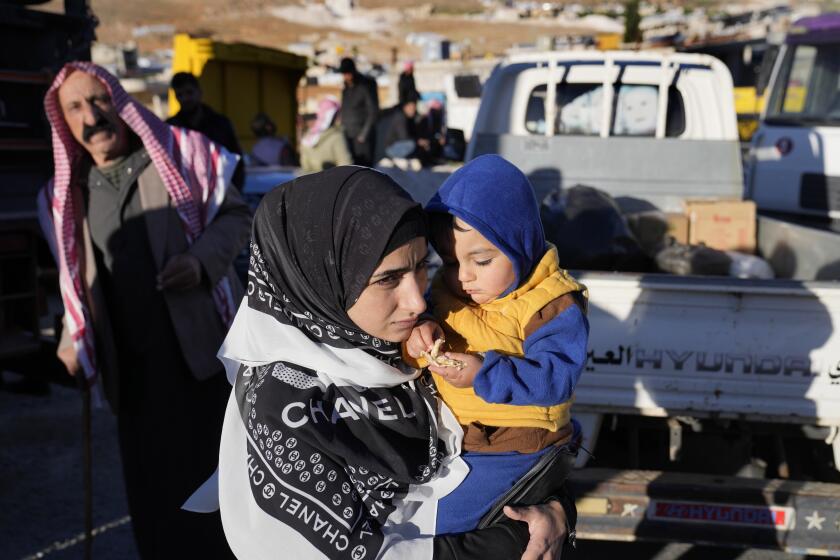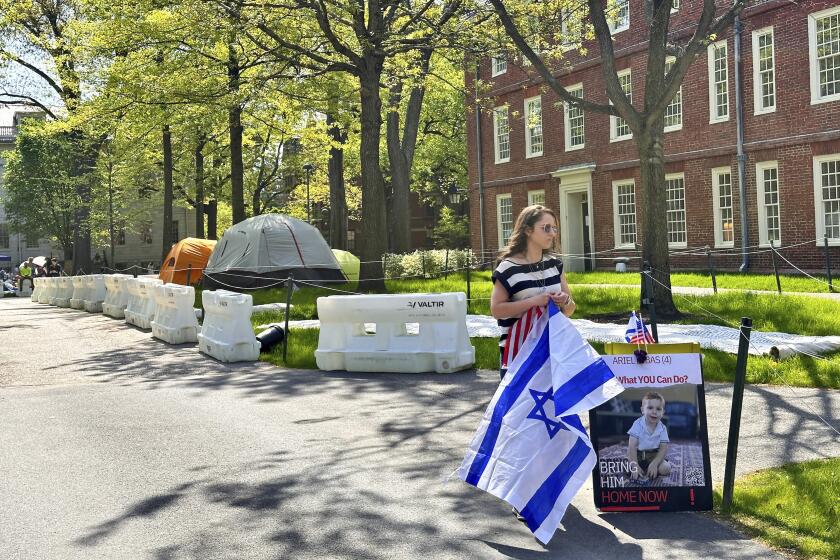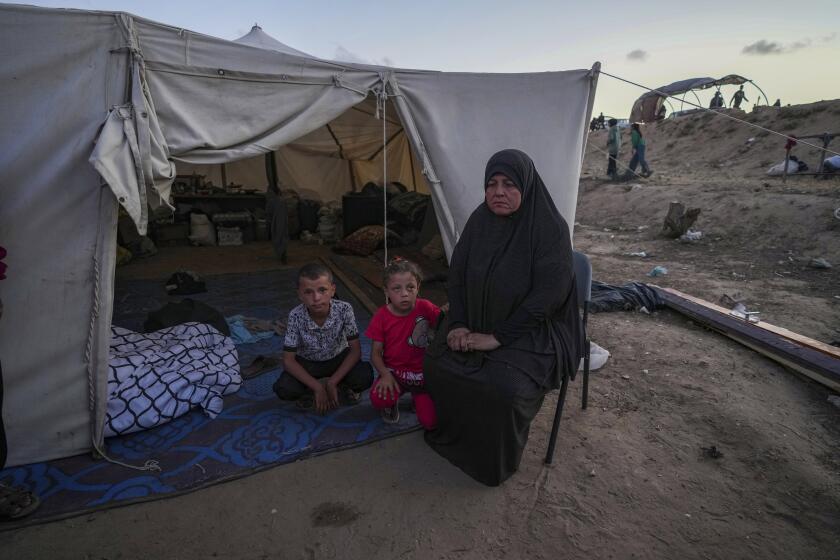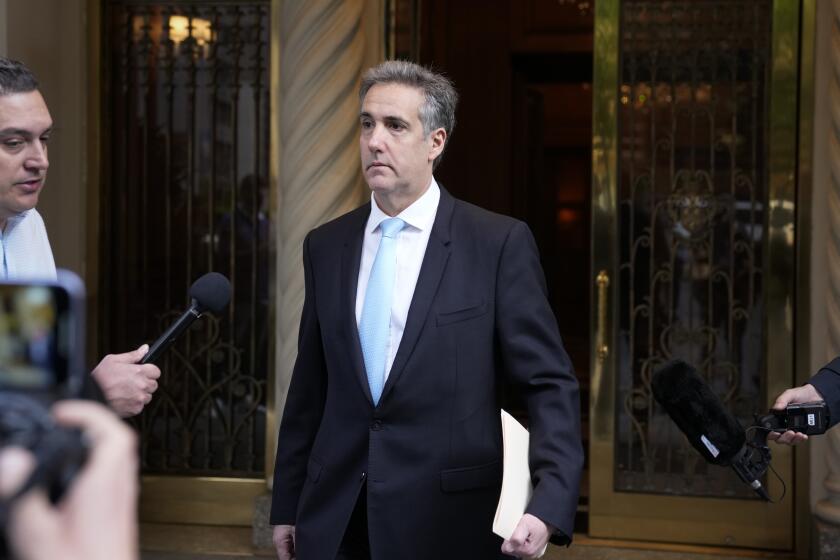Russian Lawmakers OK Private Lands
More than eight decades after the Bolsheviks banned private ownership of property, Russia’s parliament voted Thursday to permit citizens to buy, own and sell land.
Although the new law would apply only to urban and industrial land--about 2% of the country--it is a watershed for Russia.
Foreign and domestic investors have long listed the ban on landownership as one of the most odious ideological and bureaucratic barriers to economic development still lingering 10 years after the Soviet collapse. The new law, for the most part, treats foreigners and Russians alike.
Economist Otto Latsis compared the symbolism of the vote to “the storming of the Bastille.”
“It shows that the resistance of the left-wing [pro-Communist] forces has been overpowered and broken, and a resolute step has been made toward introducing private ownership on all types of lands in Russia,” Latsis said.
The new land code was approved by a 250-137 vote in the lower house of parliament, the State Duma. It still has to pass the upper house and be signed into law by President Vladimir V. Putin, but those steps are considered formalities.
The land code has enormous symbolic importance in Russia. Bolshevik leader Vladimir I. Lenin banned landownership in one of his first acts, issuing a decree the day after he seized power in 1917. For Communists, state ownership of land remains a central tenet of their political faith.
The Communist Party and its allies fiercely opposed the bill and staged demonstrations outside and inside the parliament. Outside, mostly elderly pensioners chanted and carried signs and red banners reading, “Down with the bourgeoisie,” and “No land sales.” Inside, after parliament leaders refused to reconsider the vote, Communist deputies rushed the speaker’s podium demanding more debate and a revote, which was denied.
“Our children and grandchildren will not forgive us for this fatal mistake,” said Nikolai Kharitonov, leader of the Duma’s Agrarian faction, which votes with the Communists on most issues.
Technically, Russians regained the right to landownership when a new constitution was passed in 1993. But parliament, dominated most of the time since then by Communists and their allies, had blocked all legislation to put the principle into practice. After Putin’s election in 2000, moderates in parliament have gained the upper hand.
Some regions and municipalities tried to get around the lack of federal legislation by enacting local measures permitting limited land sales. But the legal status of those measures was uncertain without federal legislation.
“Today, businessmen own enterprises but can only rent the land underneath for 49 years,” Latsis said. “They will feel much more secure if their businesses stand on land they can own as well.”
The new law also legalizes the buying and selling of individual garden plots, which many Russians use to grow potatoes and other subsistence crops. In many parts of Russia, such plots provide families with much of their sustenance.
“At long last, over 40 million Russian citizens who are users of kitchen garden and dacha land plots have received a guaranteed right of ownership,” said Economic Development Minister German O. Gref. “This is what is most important.”
Polls show that about a quarter of Russians oppose all forms of landownership--about the same percentage as those who support leftist parties, including the Communists and Agrarians.
The new law does not address the status of farmland, forests and other nonindustrial land. Many Russians who favor buying and selling industrial property still have reservations about permitting private ownership of arable land. In one poll, 57% of respondents said they fear a drop in food production if farmland is bought and sold on the free market.
Another sensitive issue is landownership by foreigners. The land code passed Thursday grants foreign citizens and firms the same rights to ownership as Russians, except in border areas including southern Russia and the Baltic enclave of Kaliningrad.
Putin and his Kremlin advisors have vowed to push ahead to open more types of land for ownership, and they plan to submit legislation to parliament before the end of the year that would permit the sale of farmland.
*
Alexei Kuznetsov of The Times’ Moscow Bureau contributed to this report.
More to Read
Start your day right
Sign up for Essential California for news, features and recommendations from the L.A. Times and beyond in your inbox six days a week.
You may occasionally receive promotional content from the Los Angeles Times.






